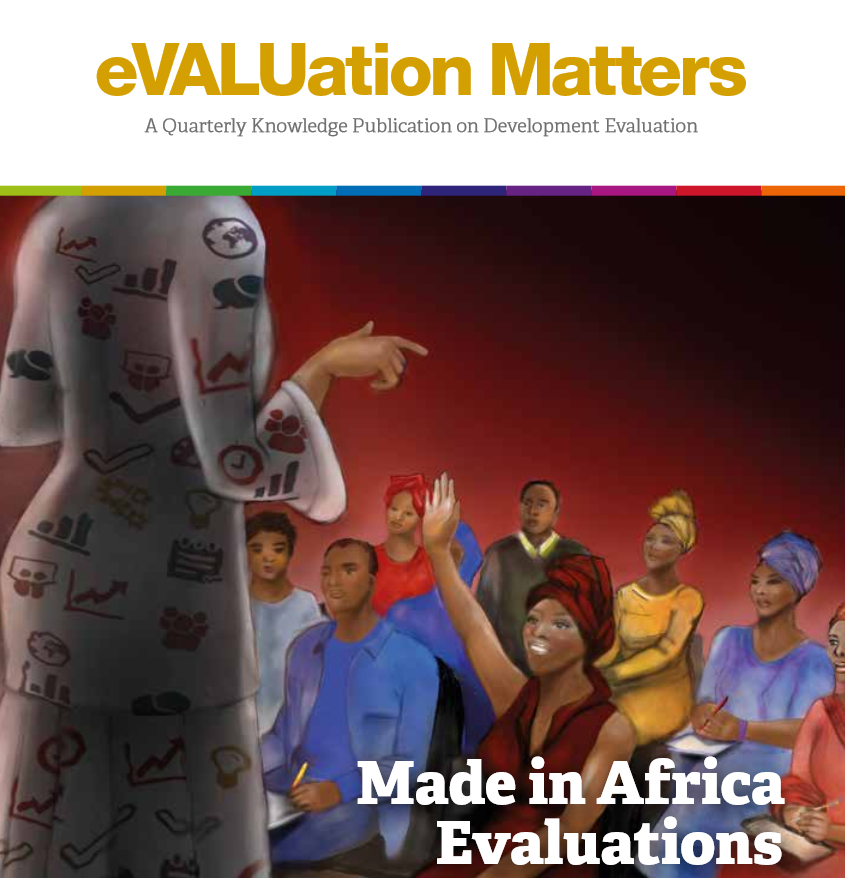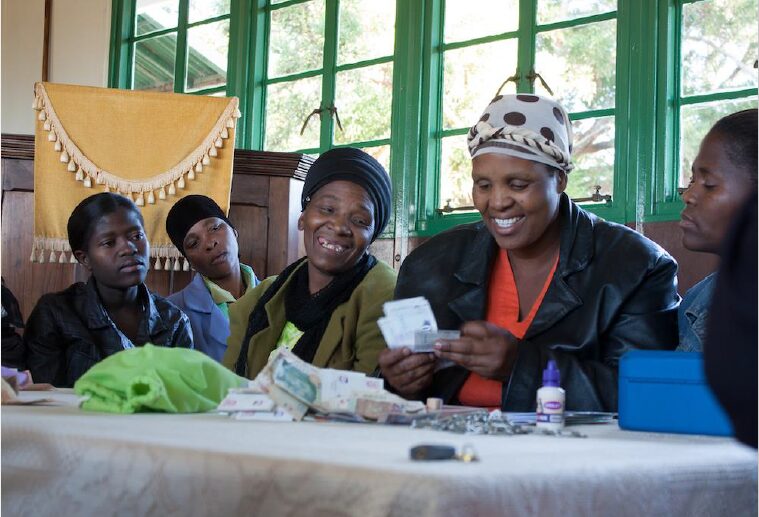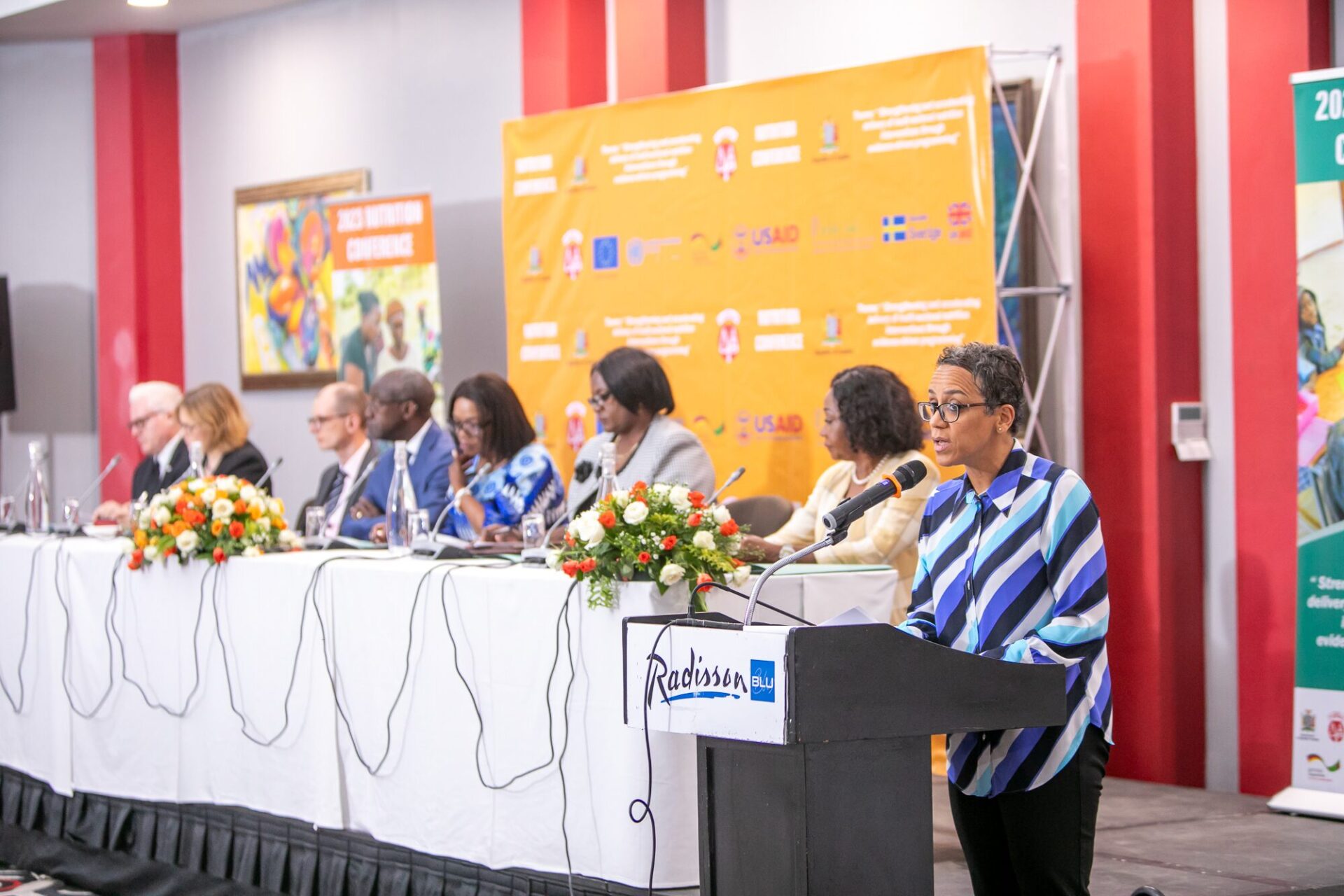The African Development Bank’s Evaluation Matters Magazine published the second volume of its Made in Africa issue, exploring indigenous evaluation approaches to fast-track development in Africa. Khulisa’s Jennifer Bisgard and Nicola Theunissen with three senior evaluators from across the continent contributed an article about evaluation failure.

The issue acknowledges the diversity of the continent and the need to understand cultural context, appreciate local knowledge, use local evaluation tools such as orality and participatory approaches, and lastly, acknowledge and learn from failure when applying a Made in Africa lens to development.
The concept of talking openly about failure has its origin from the book Evaluation Failures edited by Kylie Hutchinson in 2018 to which Khulisa’s Mary Pat Selvaggio and Jennifer Bisgard contributed a chapter.
In the book, 22 esteemed evaluators share insightful accounts of the lessons learnt by making mistakes. However, of all the case studies highlighted, only two were by African evaluators.

The idea of balance is fundamental in moving discussions on Made in Africa evaluation forward. Yet African stories of failure remain largely untold and undocumented, emanating in part from the continent’s long tradition to keep mistakes hidden (a direct result of a Global South/Global North imbalance).
It’s an unhelpful cycle that will keep preventing the continent’s evaluators from drawing lessons to improve evaluation practice.
Borrowing from the Evaluation Failures approach, the Evaluation Matters article shares four stories of failure from four different regions of the continent – Southern Africa, East Africa, West Africa and the Sahel.

It builds on a panel presented at the 9th AfrEA Conference in Cote D’Ivoire, chaired by Jennifer Bisgard (Southern Africa) with panellists Felix Muramutsa (East Africa), Zakariaou Njoumemi (West Africa), and Ahmed Ag Aboubacrine (The Sahel). They are also the case study contributors to the article.
The article concludes that the inability to value indigenous knowledge contributes to typical Made in Africa evaluation failures, and therefore encourages African evaluators to admit to, and talk openly about failures for improved development effectiveness.




Acknowledging the shortcomings is very important. One of the major challenges is lack of strong leadership on the political and professional level for made in Africa evaluation. There is also lack of consultation with indigenous communities. For project management and evaluation, the power is mainly in the hands of foreign sponsors (commissioners). Many of the local evaluators end up as bag carriers for foreign consultants. Their opinions are not considered. The national and continental professional associations cannot protect local evaluators. The national evaluation capacity in many African countries is low countries though some have been independent for over five decades. South Africa that seemingly looked like a leader has shamefully shown that much was on paper and not reality. For my country Zambia, it may turn out to be the same as in Jacob Zuma’s presidential led evaluation; lack independence. The quarterly cluster reviews of the national development plan are held at State House and not by an independent agency. The two Zambian think tanks or policy reviewers are not independent as the Policy nstitute of Zambia is part of the Ministry of Finance and it’s rival is seemingly politically linked. The African Union is uninspiring. The African Peer Review Mechanism should be a very good example of made in Africa evaluation. However, like the Transparency International Index, and Auditor General’s reviews, it has become just like an annual traditional ritual. for foreign tourists. The African Union should show leadership in developing evaluation in Africa. Right now, it is much foreign driven.
Hi John, thank you for your feedback and valuable food for thought. I do agree that the APRM and one of its review mechanisms, the the African Governance Report (AGR) shows potential as a true Made in Africa evaluation instrument.